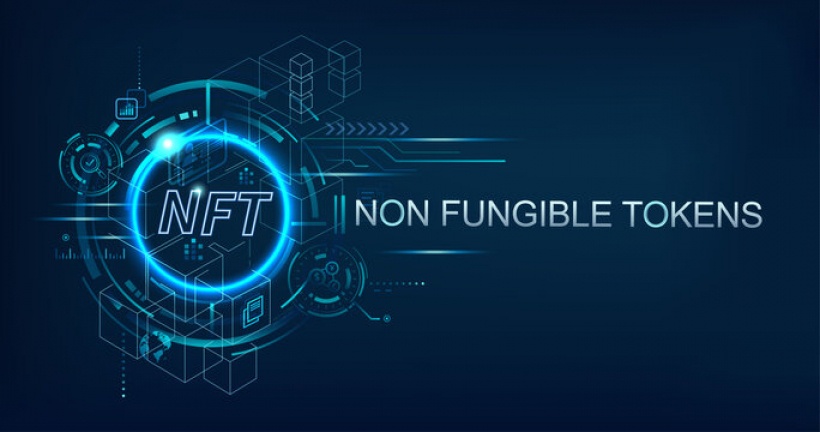In the dynamic landscape of blockchain technology, Non-Fungible Tokens (NFTs) have emerged as a groundbreaking innovation, revolutionizing the way we perceive, create, and exchange digital assets. NFTs have opened the door to a new era of ownership, authenticity, and creativity. In this blog, we'll dive into the world of NFT development, exploring what NFTs are, how they work, and the steps involved in creating these unique tokens of value.
Understanding Non-Fungible Tokens (NFTs):
At their core, NFTs are digital tokens that represent ownership of a specific, unique item or piece of content, often tied to digital art, music, collectibles, virtual real estate, and more. Unlike traditional cryptocurrencies like Bitcoin or Ethereum, NFTs are indivisible and cannot be exchanged on a one-to-one basis due to their unique attributes.
Key Characteristics of NFTs:
Uniqueness: Each NFT is distinct and cannot be replicated. This uniqueness is encoded on the blockchain, ensuring the ownership of an original item.
Indivisibility: NFTs cannot be divided into smaller units like traditional cryptocurrencies. They are treated as whole units with their own inherent value.
Interoperability: NFTs can be created on various blockchain platforms, but they can also be bought, sold, and transferred between platforms, allowing for a broader marketplace.
Metadata: NFTs contain metadata that provides additional information about the digital asset they represent. This can include details about the creator, creation date, and any attributes that make the asset unique.
NFT Development Process:
Creating NFTs involves several key steps, from choosing a blockchain platform to minting and selling your digital assets as NFTs:
Choose a Blockchain Platform: Most NFTs are built on established blockchain networks such as Ethereum, Binance Smart Chain, and Flow. Choose a platform based on factors like security, community, and transaction costs.
Create Your Digital Asset: Whether you're an artist, musician, game developer, or content creator, start by crafting your digital asset. This could be a piece of artwork, a music track, a virtual item, or any other digital creation.
Develop Smart Contracts: NFTs are often created using smart contracts – self-executing code that defines the rules and attributes of the NFT. These contracts specify details like ownership, royalties, and metadata.
Minting the NFT: Minting is the process of tokenizing your digital asset as an NFT on the chosen blockchain. This involves deploying the smart contract and specifying the attributes, such as the name, description, and any royalties for future sales.
Metadata Integration: Attach metadata to your NFT to provide context and information about the asset. This metadata enhances the overall value and understanding of the NFT.
Testing: Before making your NFT available for sale, thoroughly test the minting process and the functionality of the smart contract. Ensure that everything operates as intended.
Listing on NFT Marketplaces: NFTs are typically bought and sold on NFT marketplaces such as OpenSea, Rarible, and Mintable. List your NFT for sale, specifying the price, currency, and any other relevant details.
Promotion: Promote your NFT on social media, forums, and other online platforms to attract potential buyers and collectors. Engage with your audience and share the story behind your NFT to generate interest.
Challenges and Considerations:
Gas Fees: Transactions on blockchain networks involve gas fees – the costs associated with executing smart contracts. These fees can vary widely and should be factored into your budget.
Ownership and Copyright: While NFTs offer ownership of the digital asset, they do not necessarily transfer copyright. Clarify your rights and intentions as the creator before selling NFTs.
Marketplace Fees: NFT marketplaces charge fees for listing and selling NFTs. Understand the fee structure of the platform you choose and how it impacts your earnings.
Legal and Regulatory Considerations: The NFT space is still evolving, and legal implications can vary by jurisdiction. Consult with legal experts to ensure compliance with relevant laws.
Conclusion:
Non-Fungible Token (NFT) development is transforming the way we value and interact with digital assets. With their unique attributes, NFTs enable creators to tokenize their work and establish ownership in a transparent, secure, and decentralized manner. By understanding the NFT development process, considering the challenges and considerations, and leveraging the power of blockchain technology, creators can tap into the limitless potential of NFTs, shaping the future of digital ownership and creative expression.


No comments yet